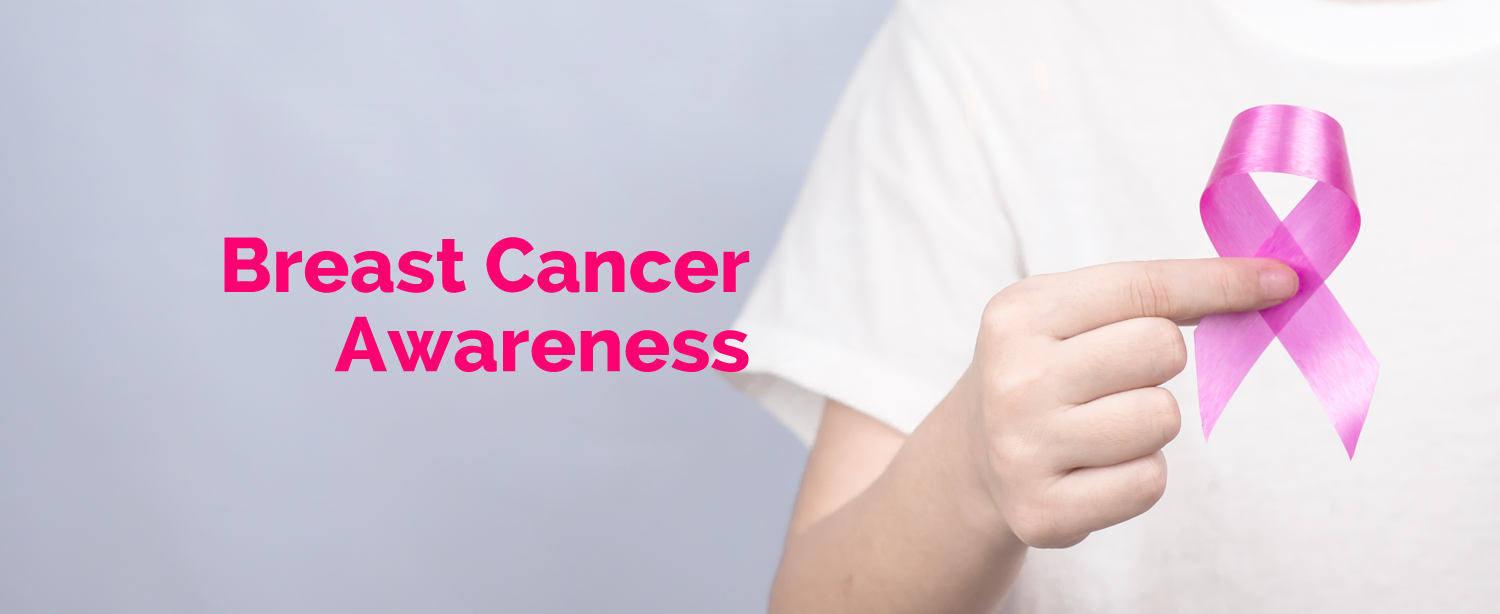Breast cancer ranks as the number one cancer among Indian females with a rate as high as 25.8 per 100,000 women and mortality of 12.7 per 100,000 women. One woman is diagnosed with breast cancer every 4 minutes in India. Almost 50 percent of breast cancer patients in India first visit the doctor when they are in stage 3, and 15-20% of patients visit when they are in phase 4. Low awareness levels about breast cancer, its preventive screening and treatment options contribute to these alarming statistics. Patients diagnosed with breast cancer need the right treatment at the right time for higher chances of recovery.
Breast Cancer: Risk factors
There are a number of factors that make you more prone to getting breast cancer. Here are the most common risk factors:
Risk factors you cannot change
- Being a woman
- Age over 50 years
- Family history of breast cancer
- Gene mutations – BRCA1 and BRCA2
- Early menstruation
- Late menopause
- Having dense breasts
Risk factors you can control
- Smoking
- Being overweight or obese
- Sedentary lifestyle
- Alcohol consumption
- Using hormone replacement therapy
Make conscious efforts every day to live healthy and make wise lifestyle choices to help reduce your risk of breast cancer.
Breast Cancer: Symptoms
The first symptom of breast cancer that most women notice is a lump or an area of thickened tissue in their breast. See an oncologist for further investigation if you notice any of the below symptoms:
- A new lump or area of thickened tissue
- A change in the size or shape of one or both breasts
- A discharge of fluid from either of your nipples
- A lump or swelling in either of your armpits
- Dimpling on the skin of your breasts
- A rash on or around your nipple
- A change in the appearance of your nipple
Breast Cancer: Screenings
If breast cancer is found early, there are more treatment options and a better chance of survival. Women whose breast cancer is detected at an early stage have a 93 percent or higher survival rate in the first five years.
Breast self-examination
All women should check their breasts for lumps, thicknesses and other changes every month. By examining your breasts regularly, you will know how your breasts normally feel. Consult your doctor for any unusual changes.
Mammograms
Mammograms play a key role in early breast cancer detection and help decrease breast cancer deaths. A mammogram is an x-ray picture of the breast. Women should get a mammogram once a year beginning at age 40. If you have a family history of breast cancer or any other risk factors you must start screenings early.
Breast Cancer – Myths & Facts
Myth: Presence of BRCA1 or BRCA2 means you will develop breast cancer.
Fact: It’s true that women with one of these genes have a higher risk. However, not everyone with a breast cancer gene will develop breast cancer.
Myth: Having a biopsy will cause breast cancer to spread.
Fact: A biopsy is the surest way to diagnose breast cancer. If the disease spreads, it’s not because of the biopsy.
Myth: A breast cancer diagnosis requires immediate surgery.
Fact: That is not always true and depends on your stage of cancer. Take a second opinion, and make sure you have the right information about all the treatment options available before you start treatment.
Myth: Breast Cancer surgery always results in ugly scars.
Fact: Although breast surgery does involve leaving scars, it’s possible to hide them. Advanced technology, minimally invasive techniques, cosmetology as well as breast reconstruction surgery leave minimal or no scars.
Myth: Most women with breast cancer have a family history of the disease.
Fact: About 80 percent of women with the disease don’t have a family history. There are a lot of other factors that play a role in developing breast cancer.
Treatment at Kokilaben Dhirubhai Ambani Hospital
Expert oncologists at our Centre for Cancer work together to help women for screening and early treatment of breast cancer. The Comprehensive Breast Care Unit offers advanced screening, diagnosis, treatment as well as rehabilitation for breast cancer.
Our Centre for Cancer is well-equipped with state-of-the-art radiation machines and daycare chemo suites that provide comprehensive treatment options. Our team of specialists has conducted over 1,100 breast cancer surgeries, of which over 50 percent have been breast conservation surgeries. In addition to breast conservation, commonly performed procedures are modified radical mastectomy with whole breast reconstruction pedicle free flaps/implants using oncoplastic surgery for good cosmesis.
Our team of highly trained specialists follows the model of Evidence-Based Medicine so that our patients can receive the highest level of care in surgery, chemotherapy, or radiotherapy that is prevalent in the world.
If you or a loved one need help for screening, diagnosis, or treatment of breast cancer, meet our experts. Please find below the link for our website:


